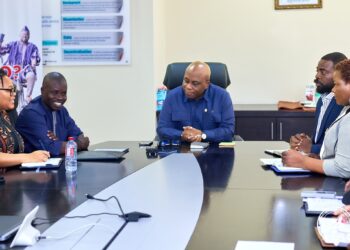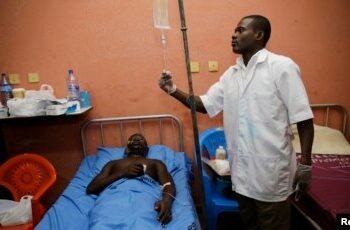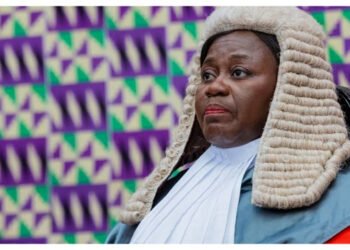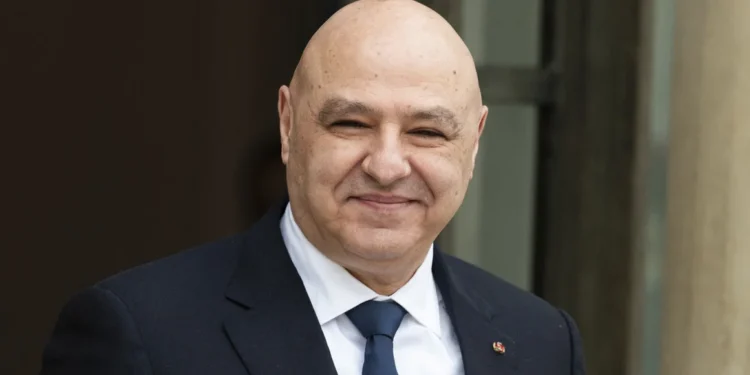The much-anticipated National Economic Dialogue (NED) 2025 kicks off today at the Accra International Conference Centre, bringing together stakeholders from across Ghana’s economic and governance landscape.
Under the theme “Resetting Ghana: Building the Economy We Want Together,” the forum marks a major step in the Mahama administration’s commitment to inclusive economic reform and sustainable growth.
President John Dramani Mahama, the Special Guest of Honor, is expected to set the tone with a keynote address, outlining his government’s vision for economic transformation.
Over the next two days, policymakers, private sector leaders, economists, and civil society organizations will engage in in-depth discussions aimed at tackling Ghana’s economic challenges and charting a clear path toward recovery and growth.
From Promise to Action
The National Economic Dialogue 2025 is the fulfillment of a key campaign promise made by President Mahama.
During his election bid, he pledged to convene a broad-based dialogue within his first 120 days in office to honestly assess Ghana’s economic situation, develop a locally driven fiscal consolidation programme, and ensure that the discussions directly inform the national budget.
To this end, a seven-member Planning Committee was established, chaired by Dr. Ishmael Yamson and including prominent economists and governance experts such as Dr. K.Y. Amoako, Professor John Gatsi, Mohammed Samara, Nelly Mireku, Anthony Sarpong, and Ernest De-Graft Egyir.
Their mandate was clear; to design a forum that would foster consensus on key economic policies, structural reforms, and governance priorities essential for Ghana’s long-term economic resilience.
Speaking on the significance of the dialogue, Felix Kwakye Ofosu, Spokesperson to the President, emphasized its role in fostering national consensus.
“The National Economic Dialogue will serve as a vital platform for stakeholders to come together, discuss policy trade-offs, and build consensus on necessary reforms for transforming Ghana into a high-growth, inclusive, and resilient economy”
Felix Kwakye Ofosu, Spokesperson to the President
The Planning Committee was tasked with producing a comprehensive report within four weeks, detailing thematic agenda and policy priorities, key takeaways from discussions, policy recommendations for fiscal and structural reforms and a roadmap for implementing key decisions.
Government and stakeholders alike, envision this dialogue as the first of many structured engagements aimed at fostering holistic and lasting economic planning.
“The establishment of a team to plan the National Economic Dialogue is an important step in building an enduring economy beyond one driven by political pressures and factors. A beleaguered economy demands holistic and long-term thinking.”
Professor E. Kofi Abotsi, Dean of UPSA Law School
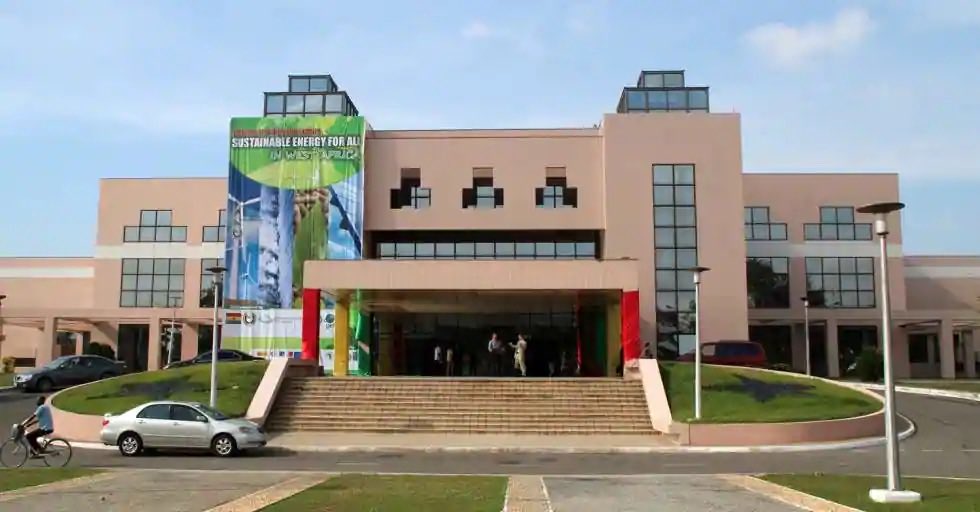
Focus
In shaping Ghana’s economic future, the discussions will revolve around critical areas such achieving sustainable macroeconomic stability, promoting economic transformation and advancing infrastructure development.
It will also regard implementing structural reforms, ensuring private sector-led growth and restoring good governance and combating corruption.
To facilitate these discussions, the dialogue will feature six moderators, including Dr. Paul Acquah, Dr. Edward K. Brown, Mr. Joe Mensah, Mr. Felix Addo, Prof. Kofi Kodua Sarpong, and Dr. Emmanuel Akwetey.
Additionally, six presenters, including R. Leslie Dwight Mensah, Prof. Ebo Turkson, Mrs. Abena Osei-Poku, Mr. David Ofosu-Dorte, Dr. Elikplim Kwabla Apetorgbor, and Mr. Franklin Cudjoe, will deliver technical papers and policy insights to guide deliberations.
As part of the forum, IMANI Africa’s Founding President and CEO, Mr. Franklin Cudjoe, will present a paper on restoring good governance and eliminating corruption, which he described as “critical foundations for Ghana’s economic transformation.”
From Dialogue to Action
The National Economic Dialogue 2025 is expected to generate concrete proposals that will directly shape the 2025 Budget, scheduled for presentation on March 11, 2025.
Finance Minister Dr. Cassiel Ato Forson underscored this point in a recent statement.
“I am excited that the historic National Economic Dialogue 2025 is starting this morning. Its outcomes will find clear expression in the upcoming National Budget, as we work together to reset Ghana’s economy and drive sustainable growth”
Dr. Cassiel Ato Forson, Finance Minister
This dialogue follows closely on the heels of the State of the Nation Address (SONA), delivered on February 27, 2025, which outlined the government’s priorities for economic recovery and policy direction.
According to Joyce Bawah Mogtari, Special Aide to the President, the dialogue has already garnered positive feedback.
“We are currently receiving very good reviews on the National Economic Dialogue. The outcomes of these discussions will help present very positive and realistic proposals for the future of our economy”
Joyce Bawah Mogtari, Special Aide to the President
Opposition Concerns
Despite the government’s emphasis on inclusivity, the NPP Minority in Parliament has expressed strong reservations about the dialogue, with some members threatening to boycott the event.
Former Information Minister Kojo Oppong Nkrumah has insisted that before any meaningful dialogue can take place, the government must reinstate workers allegedly dismissed from their jobs since the administration took office.
However, government officials have dismissed these concerns, arguing that the dialogue remains open to all stakeholders and that national interest must take precedence over partisan politics.
Beyond immediate policy discussions, the National Economic Dialogue 2025 is expected to lay the groundwork for long-term economic resilience.
As discussions begin, all eyes will be on the proposals that emerge and how effectively they are incorporated into Ghana’s economic policy.
With President Mahama at the helm, the government is betting on collaboration and evidence-based policymaking to reset the economy.
The forum represents a defining moment for Ghana’s economic future, offering a platform for frank assessments, bold decisions, and a unified approach to economic transformation.
READ MORE: Okomfour Kwadee’s Mother Blames Hammer Over Son’s Predicament



